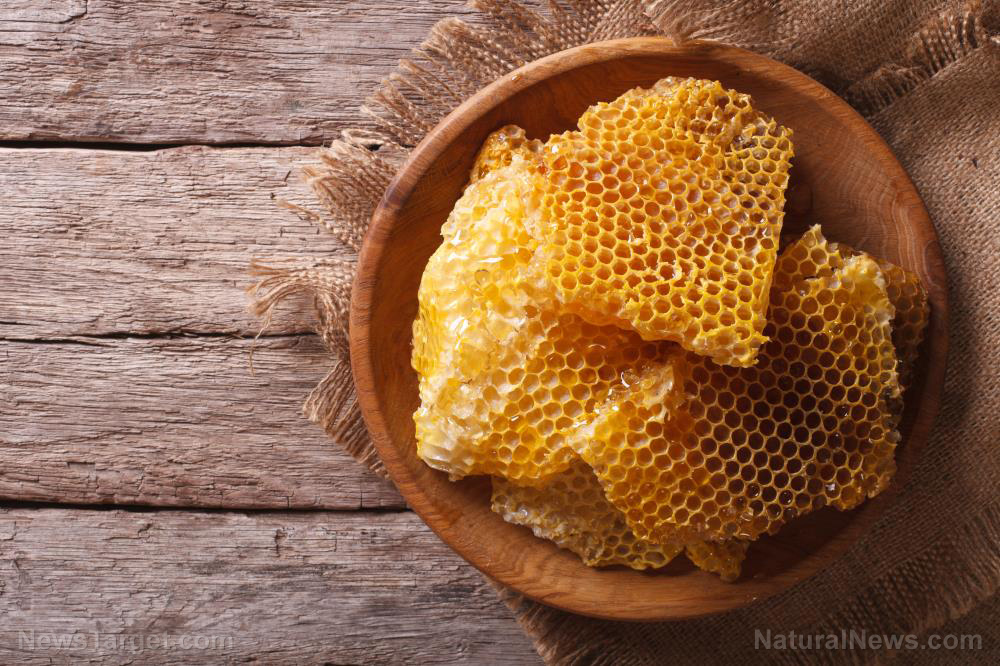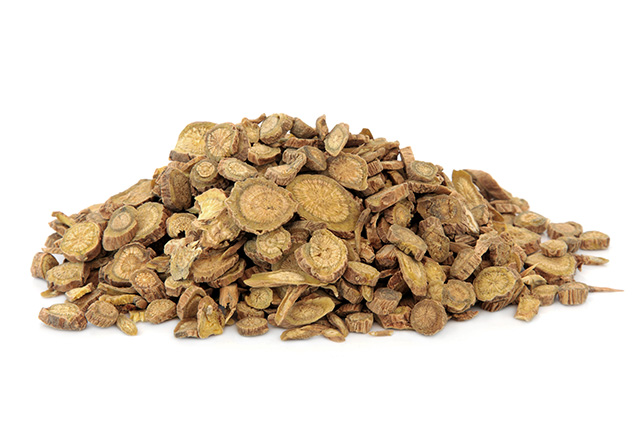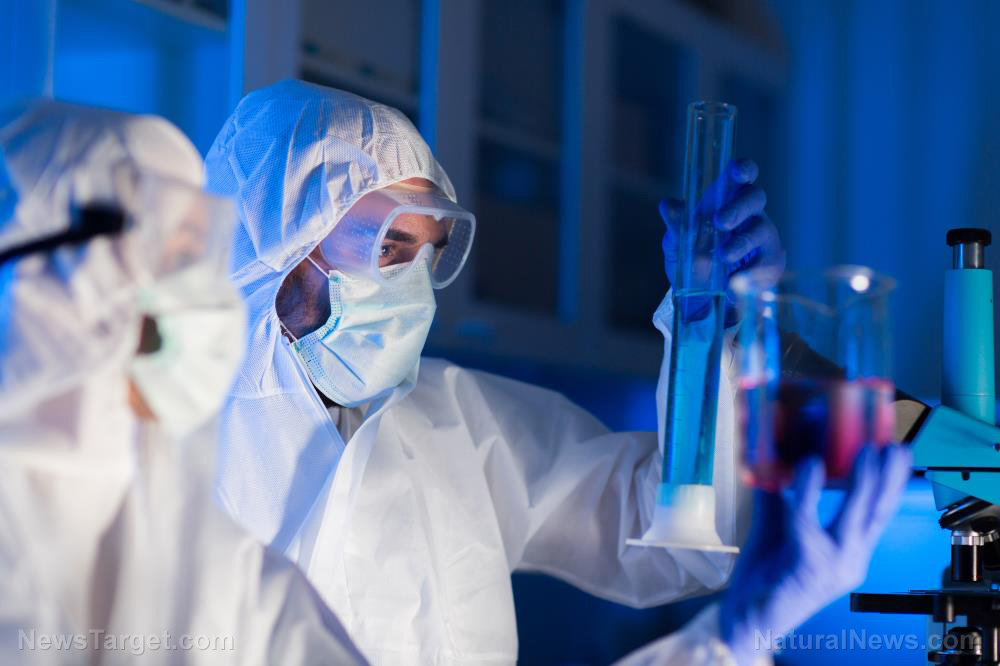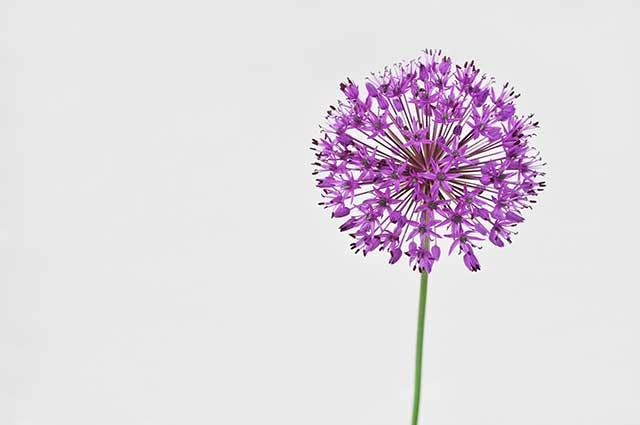Miracle microbes in the Red Sea? Active compounds from its brinepool microbes have chemotherapeutic effects on certain cancers
04/21/2020 / By Evangelyn Rodriguez

Despite advances in modern medicine and personalized medicine, some forms of cancer still exist for which limited treatment options are available. For example, penta-negative tumors, which are negative for estrogen and progesterone receptors, EGFR, HER2 and cytokeratin 5/6, have been reported in Saudi women. Triple-negative breast cancer, an aggressive type of cancer that has no cure, also exists.
Because of the lack of treatment options for these, researchers are scrambling to find new sources of anti-cancer compounds, which they hope they can develop into potent treatments against aggressive forms of cancer.
In a recent study, researchers from China, Saudi Arabia and South Africa screened microbial species that live in harsh environments — specifically, different habitats around the brine pools found in the Red Sea — for secondary metabolites with anti-cancer activities. Previous studies have shown that marine microorganisms are excellent sources of anti-cancer compounds. The researchers reported their findings in an article published in the journal BMC Complementary and Alternative Medicine.
Microbes that can adapt to extreme conditions produce powerful compounds that can fight cancer
According to studies, about 60 percent of anti-cancer medications currently in use are derived from natural products. Some of these include compounds like cytarabine, dolastatins eribulin and trabectedin, which are produced by marine microorganisms. The presence of such potent anti-cancer agents in these microbes has led researchers to mine various marine environments in the hopes of discovering more novel compounds.
In the Red Sea, at least 25 deep-sea brine pools with extremely high salt concentrations exist. The microorganisms that thrive in these brine pools or in brine pool-seawater interfaces are also exposed to high temperature, low oxygen levels and high concentrations of heavy metals. These harsh conditions force these microbes — called multi-extremophiles — to develop new mechanisms that will allow them to adapt. And as part of these mechanisms, they produce secondary metabolites that are more powerful than any compound produced by ordinary microbes.
To identify potential anti-cancer agents, the researchers obtained 60 ethyl-acetate extracts from newly isolated microbial strains from brine pools in the Red Sea. They then tested each extract against several human cancer cell lines for potential cytotoxic and apoptotic activities.
The researchers reported that isolates from the Erba brine-pool accounted for 50 percent of the active bacterial extracts. These extracts could inhibit cancer cell growth by 30 percent or higher. Among the extracts they screened, seven showed selectivity toward triple negative BT20 breast cancer cells. This means that while they are toxic to such anomalous cells, these compounds do not harm healthy cells.
Based on these findings, the researchers concluded that the active compounds produced by multi-extremophiles living in the Red Sea brine pools can potentially serve as novel anti-cancer agents for the treatment of advanced or aggressive cancers. (Related: Anti-cancer potential of postbiotic metabolites from Lactobacillus plantarum.)
Other natural sources of anti-cancer compounds
Besides marine extremophiles, plants are some of the richest sources of medicinal compounds. In fact, plant-based foods have been used for centuries in traditional medicine to treat or prevent a variety of diseases. Recent studies have also found that eating certain foods can help fight cancer or prevent its development. Here are 13 powerful superfoods that you can add to your diet to reduce your risk of cancer: (h/t to Healthline.com):
- Broccoli
- Carrots
- Beans
- Berries
- Cinnamon
- Nuts
- Olive oil
- Turmeric
- Citrus fruits
- Flaxseed
- Tomatoes
- Garlic
- Fatty fish
According to the latest studies, diet is an important factor that influences your cancer risk. Inflammation caused by oxidative stress is also closely linked to cancer development. Hence eating foods with antioxidant and anti-inflammatory properties can help protect your cells from oxidative damage, which triggers inflammation. To prevent cancer, incorporate the cancer-fighting foods listed above into your daily diet and remain physically active to maintain good overall health.
Sources include:
Tagged Under: alternative medicine, cancer cures, discoveries, disease treatments, natural cures, natural medicine, natural products, Oncology, research, secondary metabolites, superbugs
RECENT NEWS & ARTICLES
AntiCancer.News is a fact-based public education website published by AntiCancer News Features, LLC.
All content copyright © 2018 by AntiCancer News Features, LLC.
Contact Us with Tips or Corrections
All trademarks, registered trademarks and servicemarks mentioned on this site are the property of their respective owners.















